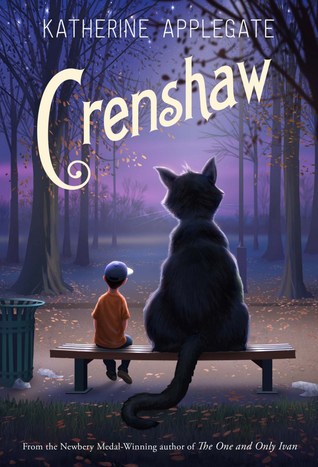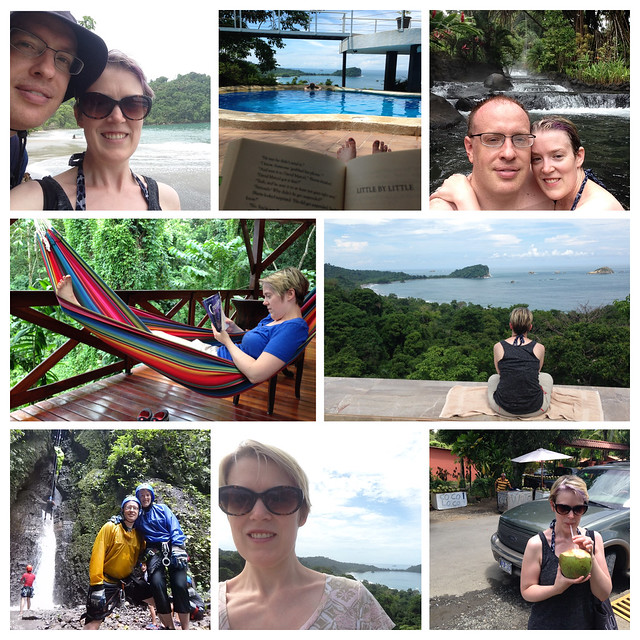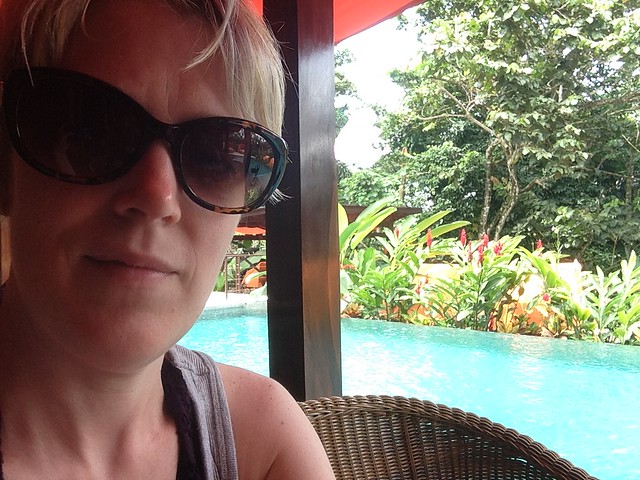Be a critical lover of your institution. Education/teaching is not going to crumble because we question policies and practices critically.
— Adam Holman (@AGHolman) July 29, 2015
I saw this tweet last night and the wheels immediately started turning. I hope if/when I ever say critical things about my school community (in the context of my school community. I'm not going to publicly air grievances on my blog or other social media spaces), others understand it's because I love it and want it to be better. Education is built on the idea that we teach our students to think deeply and critically. If we don't question policies and practices, then are we really educators at heart?
I think oftentimes teachers are scared into silence by administrators who feel threatened by those who speak up. Teachers often hear an iteration of this sentiment: "Well if you don't like it, you don't have to work here," in an attempt to keep order and shut the conversation down. But we can't let those attempts at intimidation scare us. We need to stand up and say, "But I don't want to work somewhere else. I want to work here. And it's because I love this community and am committed to making it better that I am choosing to speak up." We need to communicate to our school leadership that being vocally critical does not equate to being discontent. It means we are committed to making our school a better place to work and learn. If we as teachers aren't speaking up, then I don't know if we can call ourselves teachers. Our very presence is meant to challenge and provoke. If we just sit idly by, then we are not doing our job. Because as Kate Messner writes in her poem Revolution for the Tested, "An educated person is so much harder to enslave." And as Pernille Ripp evangelized at nErDcampMI this year, "No child is helped when we protest in silence."
So speak up. Question. Use your outside voice. It's what we're meant to do.





